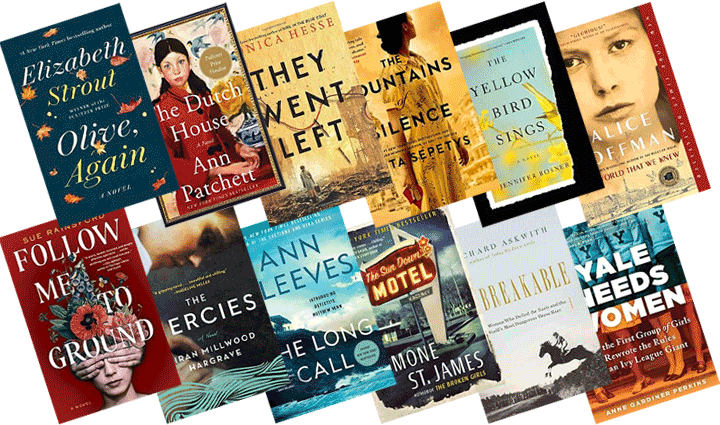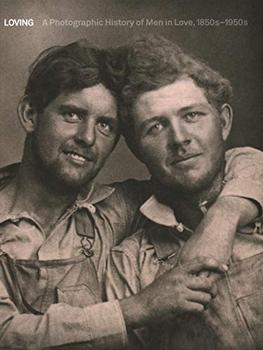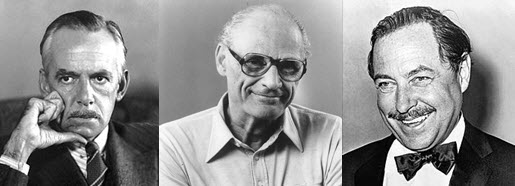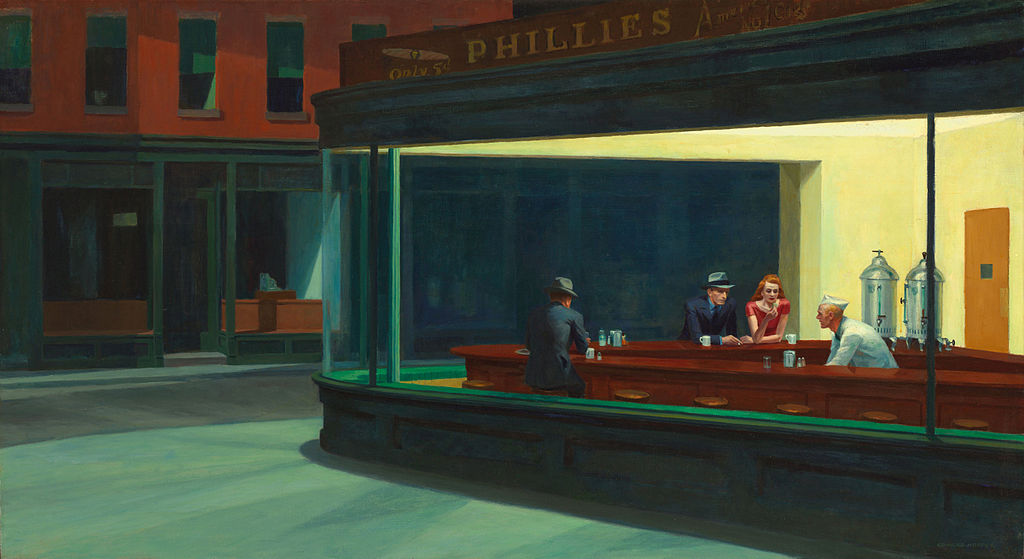 It's been a challenging year on a number of levels and we hope you've managed to keep your book club going strong as we all rethink and rework the way we live our daily lives. The end of the year is a great time to take stock of your book group and make plans for the future. In this roundup, we recommend a dozen books for your book group in 2021, all of which are newly released in paperback or will be available in paperback soon.
It's been a challenging year on a number of levels and we hope you've managed to keep your book club going strong as we all rethink and rework the way we live our daily lives. The end of the year is a great time to take stock of your book group and make plans for the future. In this roundup, we recommend a dozen books for your book group in 2021, all of which are newly released in paperback or will be available in paperback soon.
The list features books by award-winning and tremendously popular authors like Elizabeth Strout's Olive, Again and Ann Patchett's The Dutch House, along with some debut novels such as The Yellow Bird Sings by Jennifer Rosner. We also have two young adult recommendations, two mysteries and a good splash of historical fiction; and for nonfiction fans we suggest Richard Askwith's captivating biography of World War II-era horse racing phenom Lata Brandisová, and Anne Gardiner Perkin's biography of the ground-breaking first cohort of women to join Yale in 1969.
All 12 books earned five stars from BookBrowse reviewers, so you can't go wrong whatever you choose. Also, we invite you to check out the selections from our Anti-Racist Reading List which includes books from the past two years that should foster dialogue on current events.
 For almost six months, we've posted a weekly "Culture Corner" blog sharing cultural experiences you can access from home during the pandemic--such as online concerts, theater and art. This has been great fun, actually almost too much fun, I've spent way too much time going down internet rabbit holes researching what to recommend!
For almost six months, we've posted a weekly "Culture Corner" blog sharing cultural experiences you can access from home during the pandemic--such as online concerts, theater and art. This has been great fun, actually almost too much fun, I've spent way too much time going down internet rabbit holes researching what to recommend!
Although clearly the pandemic is still very much with us, I'm drawing the weekly posts to a close for now as we're getting close to the end of the year and will have a number of "best of year" posts to share. Plus, in a few weeks we'll be releasing the findings from our October 2020 "Book Clubs in Lockdown" survey. We're working hard to get this finished so we can share it with you as soon as possible, and I can tell you now that it is filled with fascinating information.
Of course, there is still a world of culture to explore, enough to fill many lifetimes. Here are a few places I suggest to continue your journey:
 An extraordinarily moving photo essay in the Guardian based on pictures from Loving: A Photographic History of Men in Love from 1850s-1950s got me thinking about this week's "Culture Corner" topic which focuses on the early days of photography.
An extraordinarily moving photo essay in the Guardian based on pictures from Loving: A Photographic History of Men in Love from 1850s-1950s got me thinking about this week's "Culture Corner" topic which focuses on the early days of photography.
Photography as we know it began in the 1820s when French inventor Nicéphore Niépce created a light sensitive surface that could record a permanent image (albeit a poor quality one) in a process that was more akin to a photocopy than a photograph. A few years later, he and Louis Daguerre collaborated on a process that led to the first publicly available photographic process using mercury vapor to set a permanent image on a sheet of silver-plated copper. Henry Fox Talbot invented his own process at broadly the same time as Daguerre, and it was arguably a better one as it created a negative from which multiple positive images could be printed, but the daguerreotype won out in large part because the French government acquired the rights to the process in return for lifetime pensions for Daguerre and Niépce's son, and then released full details of the process so that all could use it.
 Each week in "Culture Corner" we're sharing cultural experiences you can access from home during the pandemic, such as online concerts, theater and art. This week we look at three of the most respected American playwrights of the 20th century: Arthur Miller, Tennessee Williams and Eugene O'Neill:
Each week in "Culture Corner" we're sharing cultural experiences you can access from home during the pandemic, such as online concerts, theater and art. This week we look at three of the most respected American playwrights of the 20th century: Arthur Miller, Tennessee Williams and Eugene O'Neill:
 Book clubs can be such a wonderful space for people to share their ideas; diverse viewpoints can lead to deeper and more valuable discussions that help us grow, both as individuals and as a society.
Book clubs can be such a wonderful space for people to share their ideas; diverse viewpoints can lead to deeper and more valuable discussions that help us grow, both as individuals and as a society.
But what do you do when people don't speak up? How do you encourage quiet members to contribute?
According to BookBrowse's research report, The Inner Lives of Book Clubs, 16% of people currently in a book club say their group has one or more members who rarely participate in the discussions. In most cases, the respondents express sadness and frustration saying that they would like to hear from these quieter members because their opinions and experiences are of value. After all, it's the active participation and communication of ideas that allows for meaningful discourse.
To better understand what to do (if anything), it's important to look at the reasons why a book club member might be staying silent.
 Each week, we're sharing cultural experiences you can access from home during the pandemic, such as online concerts, theater and art. This week we look at the influence of renowned American artist Edward Hopper.
Each week, we're sharing cultural experiences you can access from home during the pandemic, such as online concerts, theater and art. This week we look at the influence of renowned American artist Edward Hopper.
A large part of the mystique of Edward Hopper (1882-1967) is that he was entirely self-trained and possessed a preternatural gift for art; a perception that Hopper himself reinforced saying, "The only real influence I've ever had was myself." So, it came as a shock to many when, a couple of weeks ago, Louis Shadwick, a PhD student at the Courtauld Institute of Art published the findings of his research proving that at least four of Hopper's early oil paintings were copied from other sources, including instructional art magazines. This discovery also undermines the previously held perception that Hopper's earliest works were inspired by local scenes of his childhood in Nyack, New York.